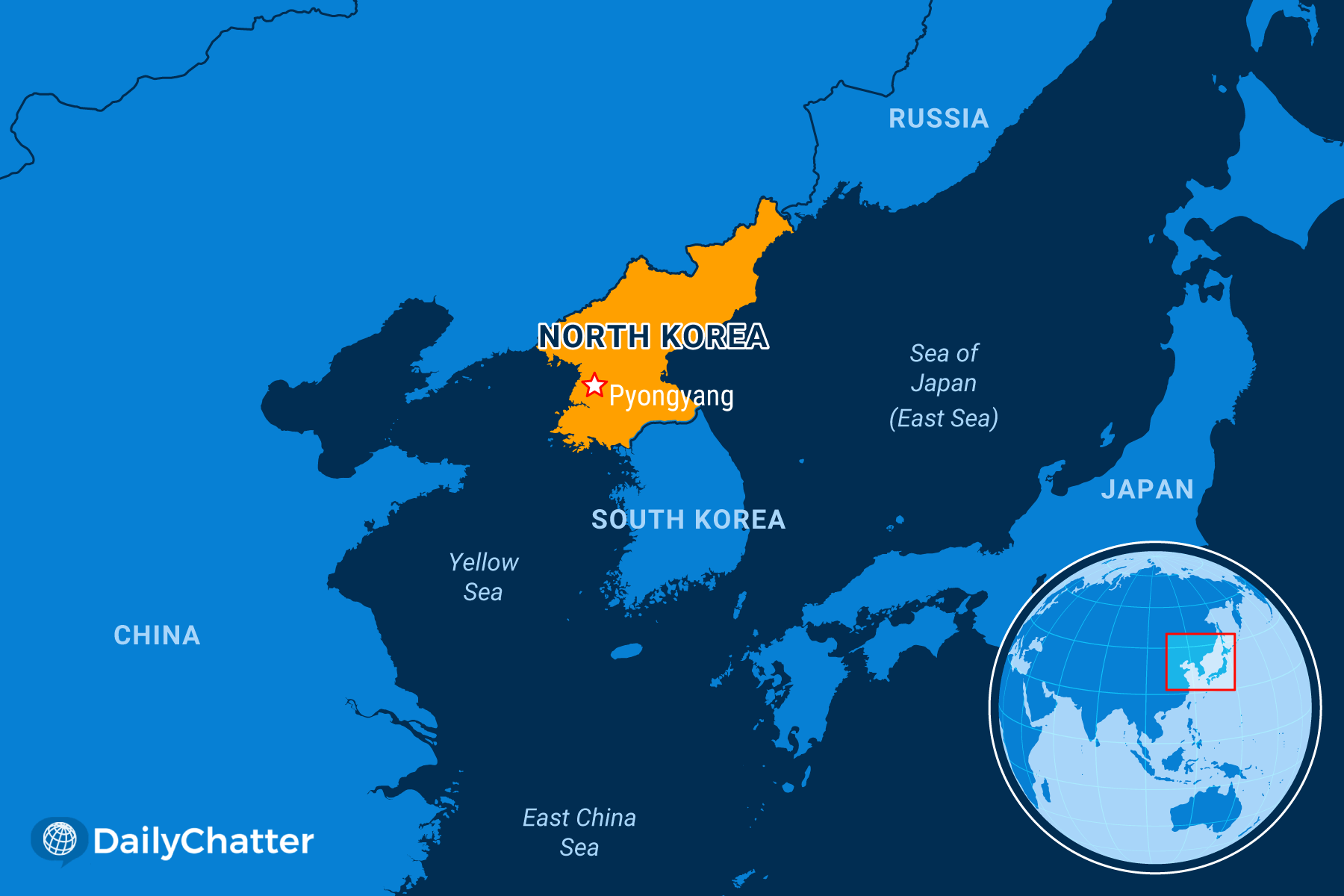The World Briefly
January 12, 2024The Rhetorical Split
North Korea

|
Listen to Today's Edition
|
North Korea began removing any mention of its reunification policy and the doctrine of “one people” with South Korea from its media coverage this week, signaling a shift that the authoritarian regime could rationalize the use of its nuclear arsenal against Seoul in the future, Radio Free Asia reported Thursday.
The country’s leading propaganda website, Democratic People’s Republic of Korea Today, said Thursday it removed its “reunification” section, which contained details about Pyongyang’s advocacy for uniting with South Korea under a federal structure based on the “one nation, two systems” principle.
Observers said this reunification section has also been removed from other propaganda platforms since last week – North Korea has no independent media outlets in the country.
They explained that the changes came after North Korean leader Kim Jong Un announced his intention to discard the idea of “one people” shared with the South during a major policy meeting at the end of December.
Kim said union with South Korea “can never be achieved,” adding that Seoul’s reunification policy “starkly (contrasts) with our nation’s unification policy based on the principles of one people, one state, two systems.”
Following his remarks, North Korean state-run media began calling South Korea by its formal name, the “Republic of Korea.” In the past, they would use the term “Namjoseon,” which means “South of North Korea” in Korean.
Analyst Yang Moo-jin said the switch possibly means that Pyongyang has changed its stance on using nuclear weapons against Seoul. He explained that North Korea had previously labeled its arsenal “as the ‘treasure of the entire Korean people,’ subtly implying that they were not intended for use against the South.”
However, Kim’s announcement and his recent comments that South Korea was now officially Pyongyang’s “principal enemy,” suggest otherwise.
Even so, Yang countered that the changes could also mean that North Korea is trying to reduce its reliance on Seoul “as a means to reinforce regime unity domestically by fostering anti-South sentiment among its population.”
Not already a subscriber?
If you would like to receive DailyChatter directly to your inbox each morning, subscribe below with a free two-week trial.
Support journalism that’s independent, non-partisan, and fair.
If you are a student or faculty with a valid school email, you can sign up for a FREE student subscription or faculty subscription.
Questions? Write to us at hello@dailychatter.com.

